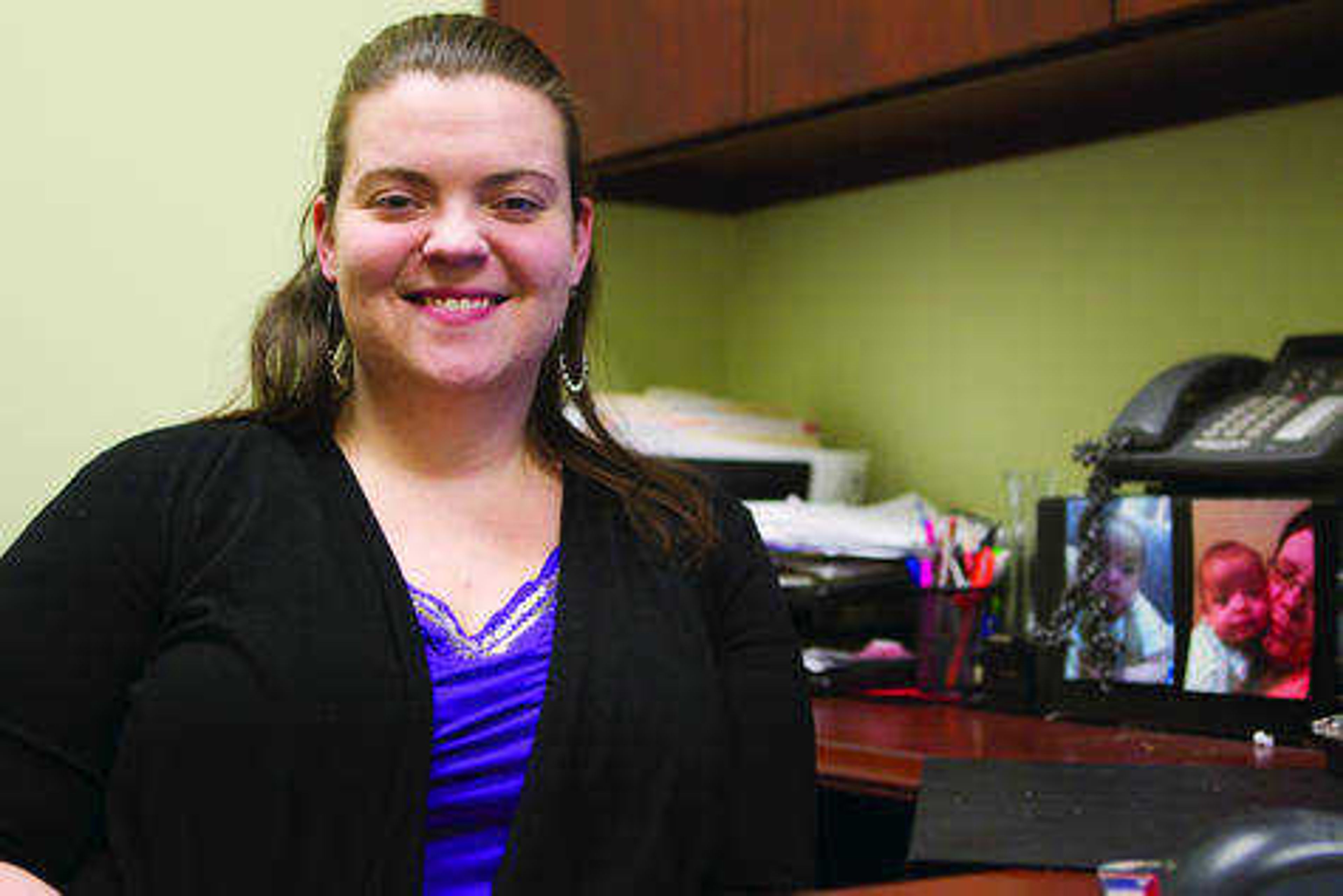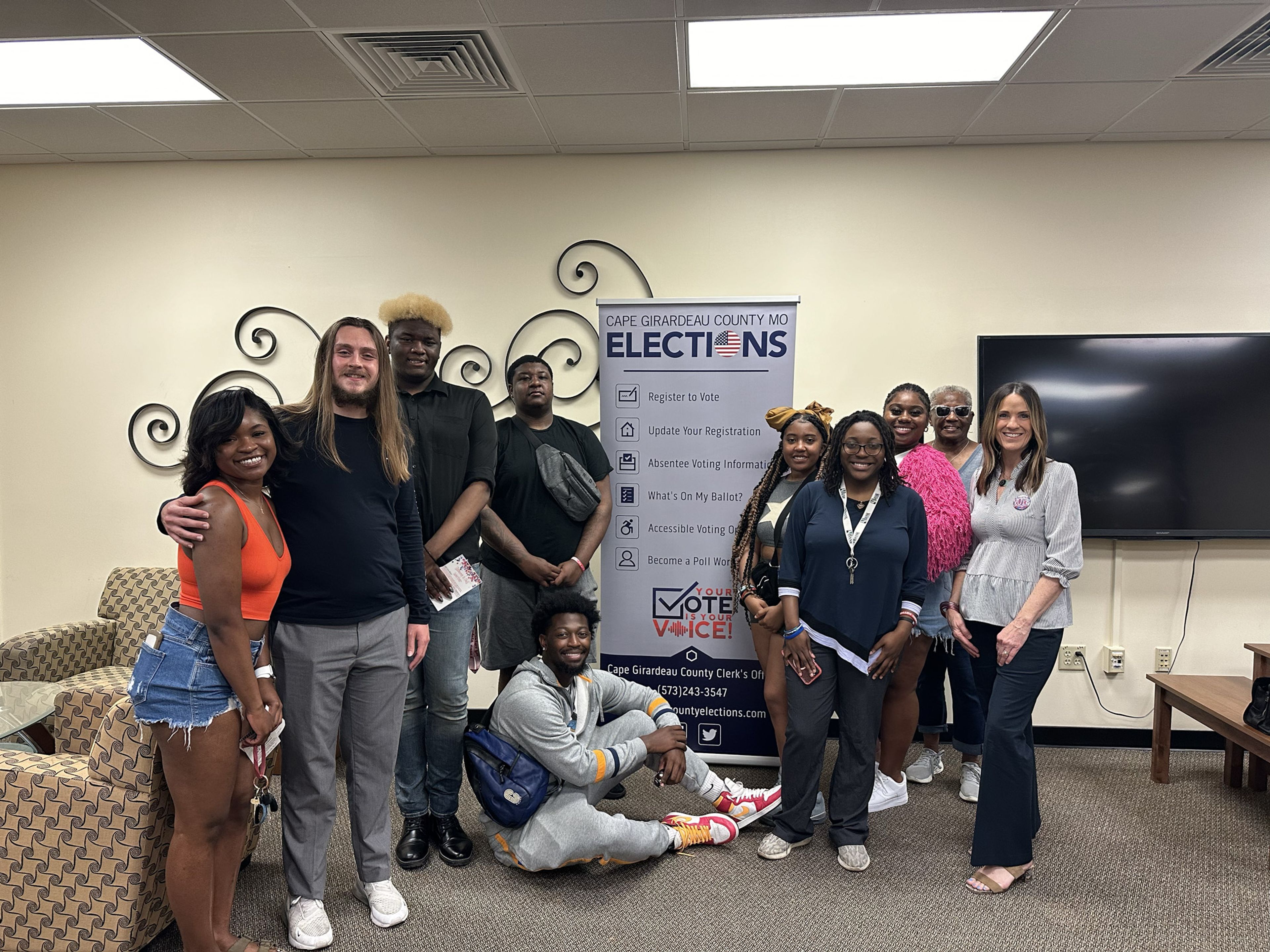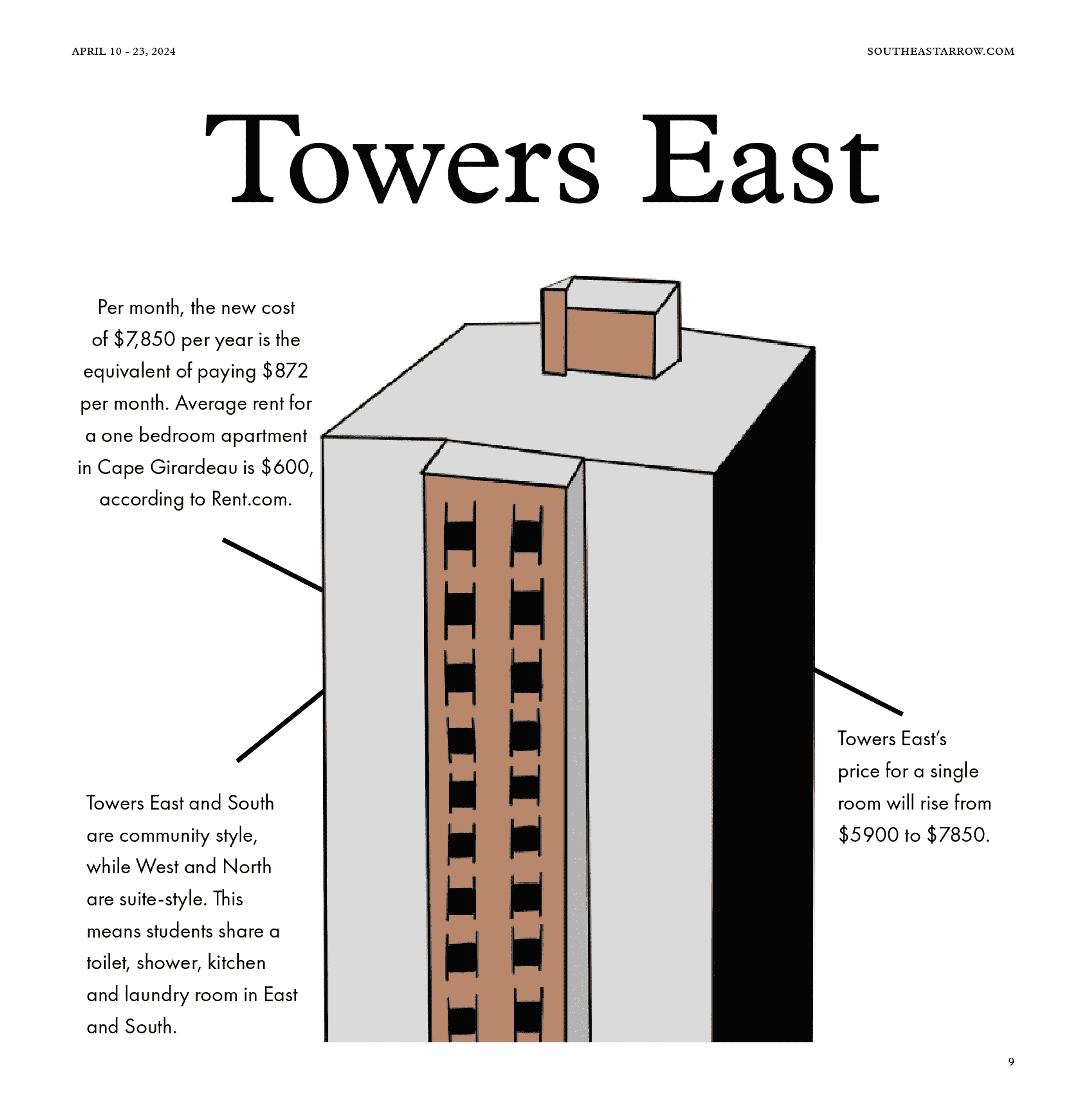Being insensitive or rude can occur between people of different sexual orientations without one person even realizing it. Campus Life coordinator of leadership development Megan Murray plans to host on-campus training to help educate faculty and students.
"That's something that I learned putting this program together [classroom examples] as well there's been different terminology as well that I didn't even know was offensive, like lifestyle," Murray said. "Saying that being gay is a 'lifestyle,' it's not a lifestyle because it's not something they choose. Same thing with sexual preference, it's not a preference because it's part of their identity and I never even considered something like that as being offensive, but once I did a little more research and thought about it, it's like, 'Wow, I was saying those things and may have hurt somebody's feelings and didn't even know."'
Murray works within the Department of Campus Life at Southeast Missouri State University and the staff wants to make sure students of every sexual preference feels safe and comfortable on campus. That is why Campus Life is offering SafeZone training to faculty, staff and students throughout the entire spring semester.
"We decided that it would be a really great thing to have to show support to the students and faculty and staff that are LGBT [Lesbian, Gay, Bisexual or Transgender]. To show that we're an inclusive campus, that we're accepting and that they would have somebody to go to," Murray said. "So we just kind of created the program from the ground up just to begin the conversation."
Murray and her director Michelle Irby plan to have two two-hour sessions on back-to-back weeks where participants will learn the proper terminology, definitions and information that is specific to a population that they are interacting with. Then they'll also do a self-exploration exercise about their own personal biases and prejudices, leading into any privileges they may have.
After the first segment, the participants will transition into the knowledge-based section that will focus on how to become an ally. Murray said that includes good listening skills, being able to refer to proper resources and just generally being an ear or shoulder for someone.
Everyone who completes the class will receive a decal to signify the completion of the training.
There will be open sessions for faculty and staff and a separate session for interested students.
"The faculty and staff are going to get a little bit more different information than students because students don't care how to make your classes a multicultural classroom," Murray said. "But it may be more important to them [students] on how to support a friend if they're coming out, so we'll tailor this certain information. And I think once students start hearing about it and start thinking about it this would be something that would be useful to help friends, family or just to help in everyday life, and it's not just about a teacher getting trained."
Dates are tentatively set the third week in February but Murray stressed that she should be contacted by anyone curious about attending the sessions. She added that departments interested in sessions for their staff can contact her to schedule sessions and students who are interested can sign up to be notified once sessions are firmly scheduled. Dates will also be added to the Southeast portal as soon as they are decided.
Murray said she's unsure how many people will attend this event. She hopes to train hundreds of people throughout the spring with at least two sessions per month.
Murray added that she will also offer sessions for individual groups if they are interested, including departments with student workers, student organizations or classes.
President Daniel Eckert of Southeast's chapter of Gay Straight Alliance is supportive of the training.
"I absolutely love that Southeast is doing this training," Eckert said. "It really helps students who may feel like, since they're in a more southern area, they're in danger of being teased, ridiculed, or even threatened or attacked. This training makes them feel safer and I really hope students themselves will respond well."
Eckert hopes that from this training LGBT students will see more acceptance from the student body and that students will be able to rely on one another for safety and a person to confide in.
For more information on the training, or any questions regarding it, contact Murray via email at mmurray@semo.edu or visit Campus Life on the second floor of the University Center.
Murray said that no academic requirements are necessary to attend these training sessions.
"They need to have an open mind, willing to learn, willing to look at themselves critically because we do do some self-reflection," Murray said. "I will specifically say in the training this isn't made to make anyone feel bad. It's just to make them more aware of what's going on. So as long as they've got an open mind and they're willing to learn, that's all we need from them."





